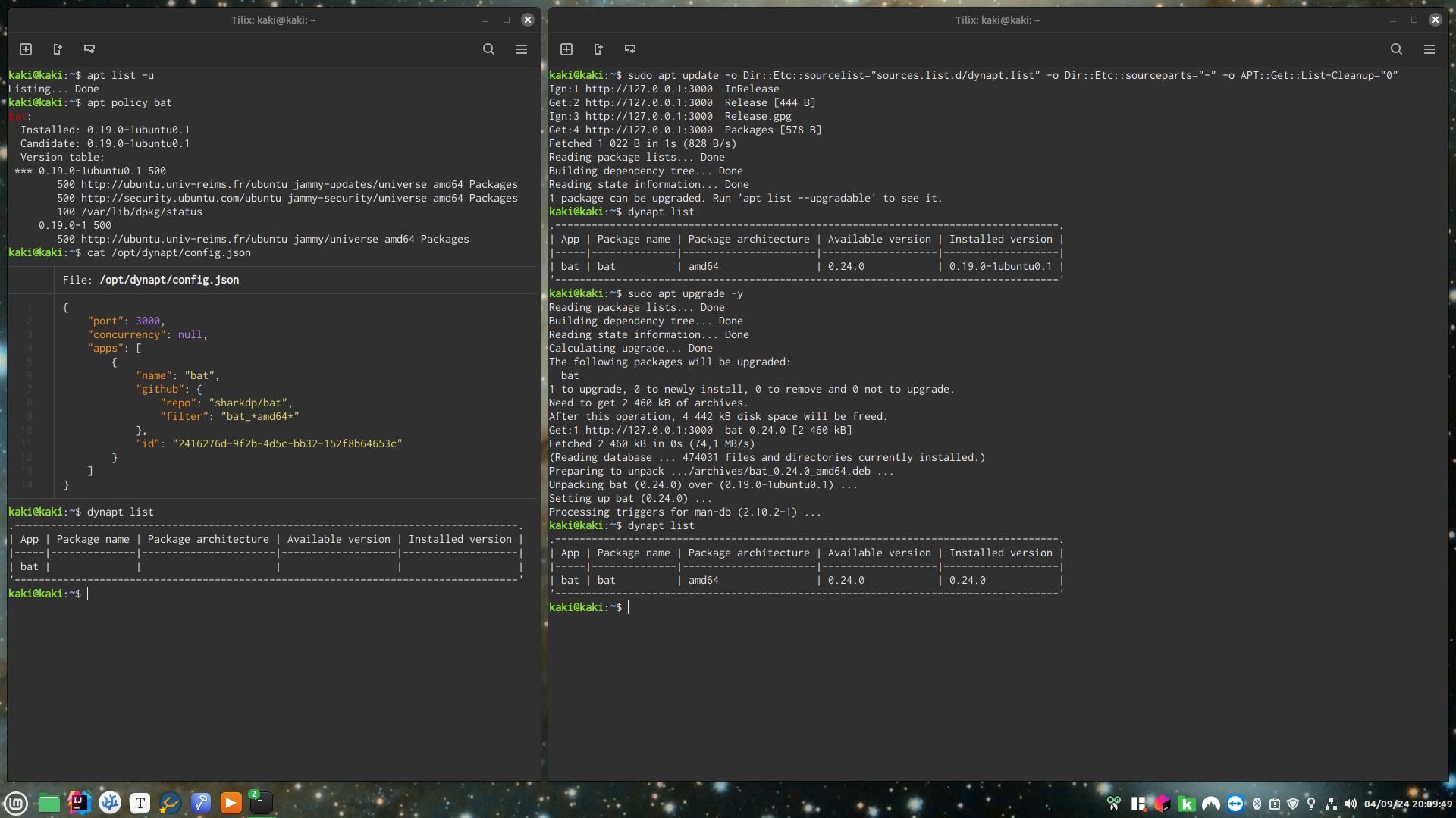this post was submitted on 06 Sep 2024
196 points (99.5% liked)
Linux
48331 readers
636 users here now
From Wikipedia, the free encyclopedia
Linux is a family of open source Unix-like operating systems based on the Linux kernel, an operating system kernel first released on September 17, 1991 by Linus Torvalds. Linux is typically packaged in a Linux distribution (or distro for short).
Distributions include the Linux kernel and supporting system software and libraries, many of which are provided by the GNU Project. Many Linux distributions use the word "Linux" in their name, but the Free Software Foundation uses the name GNU/Linux to emphasize the importance of GNU software, causing some controversy.
Rules
- Posts must be relevant to operating systems running the Linux kernel. GNU/Linux or otherwise.
- No misinformation
- No NSFW content
- No hate speech, bigotry, etc
Related Communities
Community icon by Alpár-Etele Méder, licensed under CC BY 3.0
founded 5 years ago
MODERATORS
you are viewing a single comment's thread
view the rest of the comments
view the rest of the comments

You aren't supposed to add repos. Ever. https://wiki.debian.org/UntrustedDebs
Apt is not built with security in mind, at all. The partial sandboxing it does do is trivial to bypass. Adding a repo is basically a RAT Trojan on your computer.
Yeah don't use signal. They restrict freedom 3 by making distribution difficult. Thats why they trick you into using their RAT repo.
https://bugs.debian.org/cgi-bin/bugreport.cgi?bug=842943
The least bad option is the unofficial flatpak.
OK. I suppose this is the correct answer.
Unless I'm missing something, here we will disagree. Secure or not, FOSS principle-respecting or not, if I'm choosing to install software by X then I'm going to get it straight from X and not involve third-party Y too.
Source code is like a recipe. Getting your food from the chef who made the recipe is fine, but getting it from another chef who... followed the same exact recipe is no different.
This is how the linux software distribution model works, distro maintainers are a CHECK on upstream.